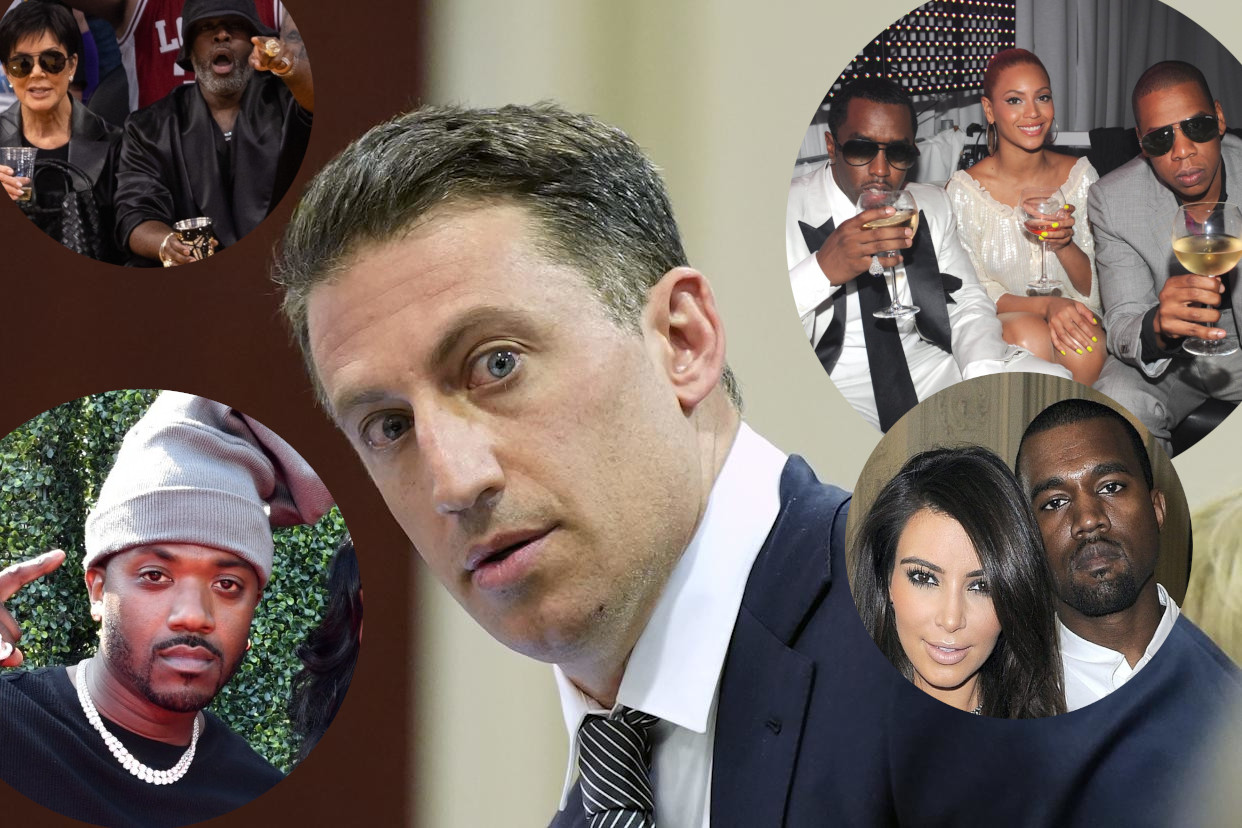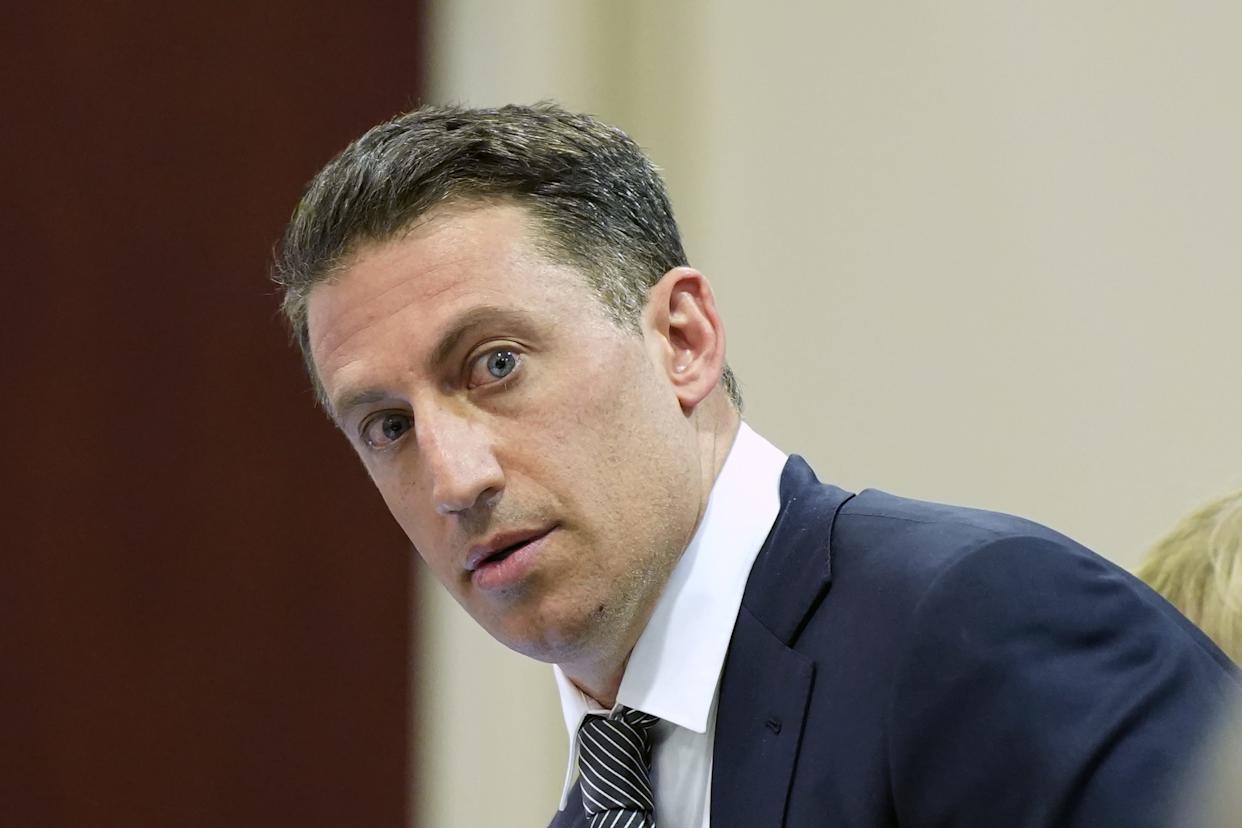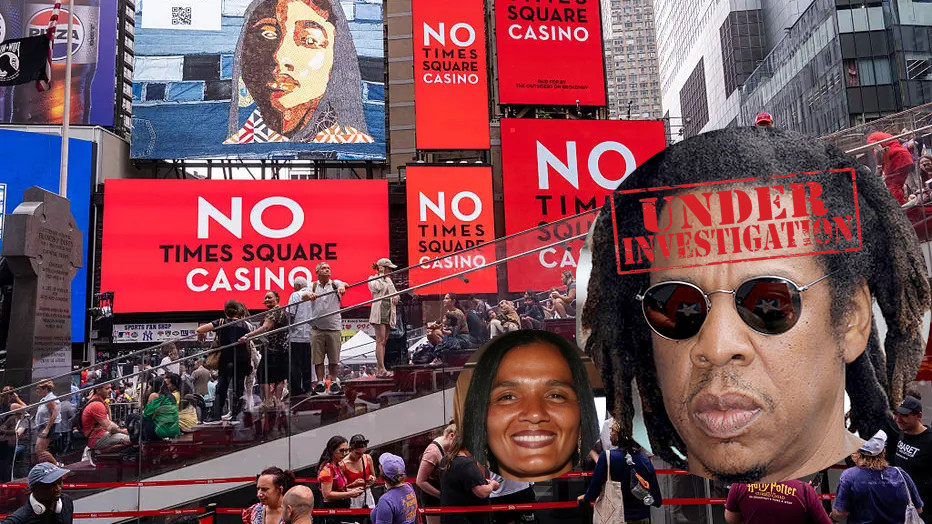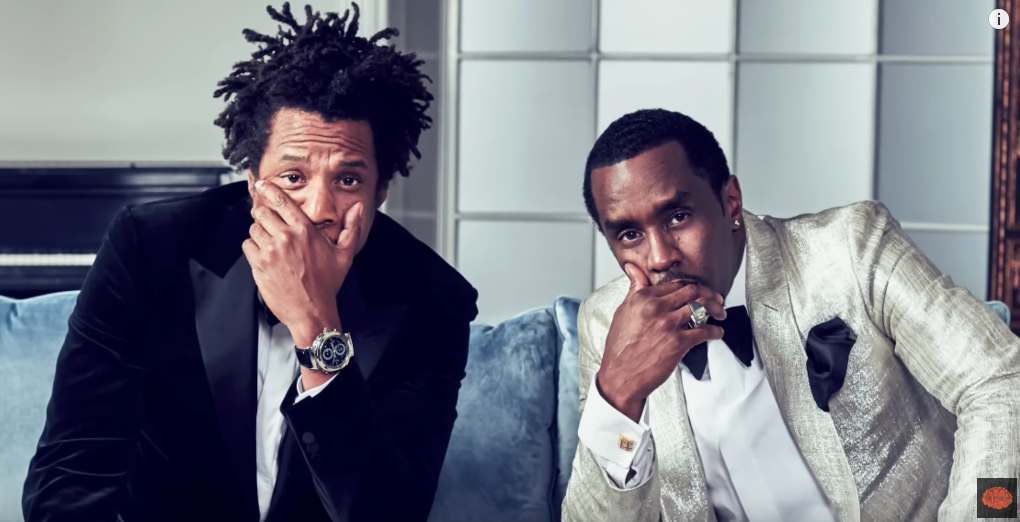In the world of hip-hop, few names loom as large as Sean "Diddy" Combs, a figure whose career skyrocketed with the launch of Bad Boy Records in 1993. Once celebrated for his contributions to music and culture, recent allegations now cast a long shadow over his legacy. Insiders working alongside Combs have shared shockingly troubling incidents from the 1990s, shedding light on a culture rife with misconduct and abuse.
During its rise, Bad Boy Records was home to some of the biggest names in music, including The Notorious B.I.G. However, behind the glamorous facade, whispers of inappropriate behavior surfaced. Former executive Daniel Evans recalls a disturbing encounter from 1997, when Combs allegedly threatened a colleague, stating, "I have so much money now that I could hire someone to kill you." Such sentiments reflect a transformation within him, as unchecked power appeared to fuel increasingly precarious conduct.
Accounts from more than 20 former staff members reveal a troubling atmosphere where sexual encounters frequently blurred the lines of professionalism. Reports indicate incidents of Combs engaging in explicit acts within studio walls, with claims that funds allocated for business were misappropriated to organize sexual encounters, raising alarming ethical questions.
Notably, attorney Tony Buzbee represents numerous alleged victims, emphasizing that this troubling culture traces back to the label's inception. One of his clients claims Combs raped her at a promotional event for The Notorious B.I.G. in 1995, allegedly threatening her silence with dire consequences. While Combs vehemently denies the allegations, the chorus of voices from former talent and associates paints a vastly different picture.
Felicia Newsome, who managed the Daddy's House recording studio during its heyday, shared experiences reflecting a failure to address inappropriate requests. She recalls a shocking moment when Combs requested staff to fetch condoms, insisting that such behavior was unacceptable. Yet, overall, the culture in the industry at that time bred a sense of complicity concerning sexual advancements and misconduct.
The revelations do not stop there; other serious allegations of sexual assault linked to Combs have emerged from his past, some dating back to the early 2000s. Former staff members have recounted environments rife with drugs and illicit activities, emphasizing a shift where the studio became a playground for recklessness rather than a sanctuary for creative endeavor.
As Combs awaits trial on serious charges including sex trafficking, many insiders grapple with the stark contrast between their experiences with him and the escalating accusations. Long-time friends of Combs express disbelief, struggling to reconcile his persona with the allegations surfacing. Simultaneously, suspicions of a deeper, darker character bubble to the surface of the narrative.
Though his accolades and triumphs in the music industry are undisputed, the ongoing accusations against Sean Combs challenge the perception of a man once celebrated as a titan of hip-hop. As Diddy transitions from public figure to defendant, the question remains: did the wealth and power wholly mask a darker reality evaluated only in retrospect? The legal proceedings ahead promise to unpack the complex life of one of music’s most renowned figures, leaving his legacy—and those affected—hanging in the balance.






















